Cover photo of the book "General Cao Van Khanh, historical memories" - Photo: NB
Up to now, there have been two books written about General Cao Van Khanh that are relatively complete and specific. They are: "General Cao Van Khanh, historical memories", author Cao Bao Van, Tri Thuc Publishing House; "Love story of General Cao Van Khanh", author Bich Thuan, Thanh Nien Publishing House. The book "General Cao Van Khanh, historical memories" is 800 pages thick, consisting of 34 chapters, written by his daughter Cao Bao Van after 10 years of collecting documents, meeting many officers and generals who fought and worked with her father. Although this is the first time writing a book, Cao Bao Van's book is highly appreciated for its abundant, rich, and valuable materials.
General Cao Van Khanh was born in 1917 in Hue , in an intellectual, well-off family, who had the opportunity to study well. Before 1945, he taught Math at Phu Xuan Private School, Lyceum Viet Anh, Thuan Hoa Hue. Although he had not taught for long, he was loved by his students and was famous as a good Math teacher.
When the August Revolution broke out in many places, he did not stay out of it but joined Phan Ham in establishing the liberation army of Thua Thien province, and was elected Deputy Commander of the liberation army of the province. He led the newly established army to capture the ammunition, military uniforms, and military equipment kept by the Japanese army at Mang Ca station to equip our army.
The provincial liberation army continued to grow, with only 15 units when it was established, and later developed into 25 combat-ready units. From that moment on, his life turned a new page, not only as a teacher but also as a military commander who devoted his whole life to the revolutionary army. When the French invaded the South, he joined the Southward advance, fought and won many victories and became the Commander of the 27th Division of the South Central Coast, fighting under the command of General Nguyen Son.
With his talent, knowledge and accumulated experience, he gradually rose to become a talented military commander, trusted by General Vo Nguyen Giap.
In 1949, he was transferred to the North, holding the position of Deputy Commander of the 308th Division. When the Song Thao Campaign was launched in 1949, he was appointed Deputy Commander, along with Commander Le Trong Tan, to command the campaign. He then participated in the following campaigns: Border in 1950; Dien Bien Phu in 1954. In addition, he also participated in fighting the enemy in Upper Laos...
After 1954, he returned to work in Hanoi, serving as Principal of the Army School for 4 years. When the American invaders escalated the war, in 1966, he was sent to the Southern battlefield...
Because of his "complicated" background (he was educated in a Western school, his maternal grandfather was a court official, his father-in-law was also a court official...), although he was talented and always trusted by his superiors with many important responsibilities, he held the rank of colonel for 26 years, until 1974 when he was promoted to major general, and in 1980 to lieutenant general.
General Cao Van Khanh's maternal hometown is in Quang Tri. On Quang Tri land, General Cao Van Khanh participated in many fierce battles and commanded major campaigns, such as: Commander of the Route 9 - Khe Sanh campaign in 1968; Commander of the B70 Corps - Route 9 - Southern Laos campaign in 1970-1971; commanded the last battle in Cua Viet, holding the liberated land before signing the Paris Agreement in 1973.
During more than 30 years in the army, he was always present at the front line, from the South Central Coast battlefield to the campaigns: Song Thao, Border, Dien Bien Phu, Khe Sanh, Route 9, Central Highlands.
During the Ho Chi Minh campaign in 1975, he worked at the General Headquarters, directly with the General Command and the Minister of Defense. Cao Van Khanh was considered one of the strategic generals; a powerful assistant to General Vo Nguyen Giap when commanding the Ho Chi Minh campaign.
General Vo Nguyen Giap himself commented about him: “Comrade Cao Van Khanh is a patriotic intellectual who participated in the August Revolution in 1945. He was a military officer who commanded the 308th Division, fought in major battles in the resistance war against the French, and was the Commander of B70 during the resistance war against the Americans. He is an enthusiastic, honest person with a lot of experience in military service contracts, and is loved by the soldiers.”
As a general commanding the battlefield, he loved and respected the soldiers very much. Many times he wrote to his wife and confided: "The more I love my children, the more I love my fellow soldiers. They are truly great. No matter how hard it is, they are always happy and determined to fight the enemy."
Before each battle, he always thought about his responsibility "how to win without sacrificing too much for his comrades". He was also generous and tolerant towards the soldiers on the other side of the battle line.
He always lived a humble and quiet life. Although he had many achievements, few people saw him wearing medals or orders. Because he was always aware that every victory and every achievement had to be achieved with the blood and bones of his fellow soldiers, so that achievement and honor always belonged to them. Commenting on General Cao Van Khanh, Colonel Nguyen Chan, a comrade from the Dien Bien Phu campaign, said: Cao Van Khanh is one of the talented generals of the nation, he is a famous general of the Vietnam People's Army...
Due to many years of fighting on the battlefield, suffering from many bombs and toxic chemicals, in 1980, while he was Deputy Chief of the General Staff, he got liver cancer and did not survive.
With many great contributions to the cause of national liberation, when he died, he was proposed to be buried in Mai Dich cemetery. But his family brought him to Ky Yen cemetery, Bat Bat, Ba Vi for burial. He lies there with his relatives and comrades in the middle of a vast land of rustling pine trees, thousands of clouds, and mountain winds. Simple and humble like his life - a special general...
Hoang Nam Bang
Source: https://baoquangtri.vn/cao-van-khanh-mot-vi-tuong-dac-biet-195717.htm



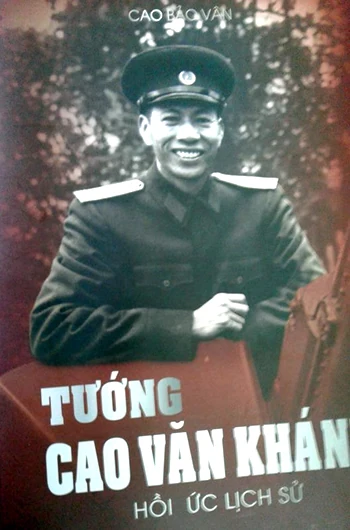
![[Photo] National Assembly Chairman Tran Thanh Man holds talks with New Zealand Parliament Chairman](https://vphoto.vietnam.vn/thumb/1200x675/vietnam/resource/IMAGE/2025/8/28/c90fcbe09a1d4a028b7623ae366b741d)
![[Photo] Red flag with yellow star flutters in France on National Day September 2](https://vphoto.vietnam.vn/thumb/1200x675/vietnam/resource/IMAGE/2025/8/28/f6fc12215220488bb859230b86b9cc12)

![[Photo] General Secretary To Lam attends the opening ceremony of the National Achievements Exhibition](https://vphoto.vietnam.vn/thumb/1200x675/vietnam/resource/IMAGE/2025/8/28/d371751d37634474bb3d91c6f701be7f)
![[Photo] Politburo works with the Standing Committee of Cao Bang Provincial Party Committee and Hue City Party Committee](https://vphoto.vietnam.vn/thumb/1200x675/vietnam/resource/IMAGE/2025/8/28/fee8a847b1ff45188749eb0299c512b2)
![[Photo] General Secretary To Lam presents the 45-year Party membership badge to comrade Phan Dinh Trac](https://vphoto.vietnam.vn/thumb/1200x675/vietnam/resource/IMAGE/2025/8/28/e2f08c400e504e38ac694bc6142ac331)
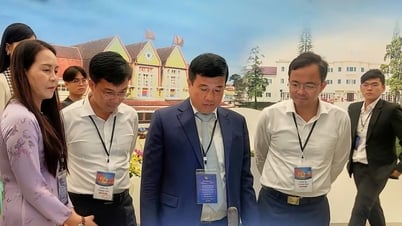

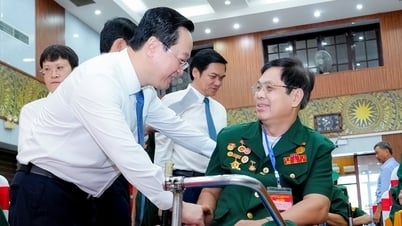

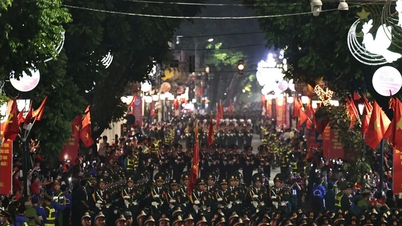

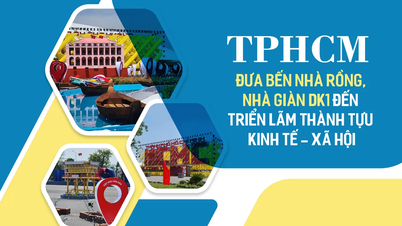

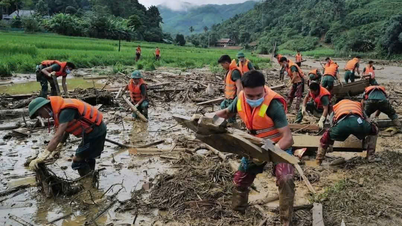

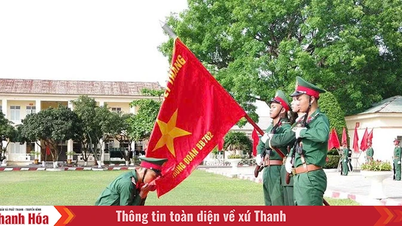

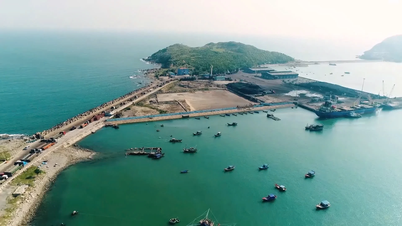
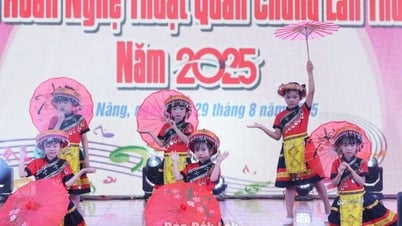

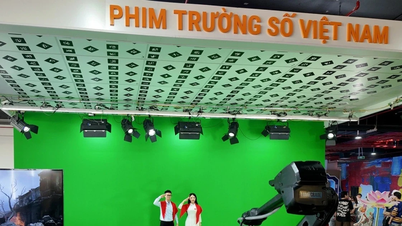

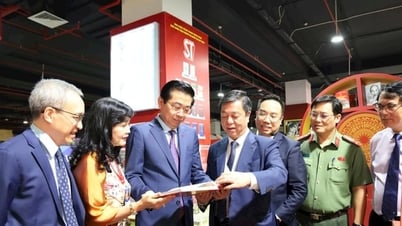

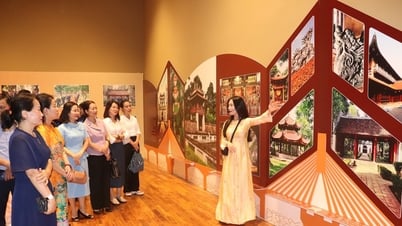

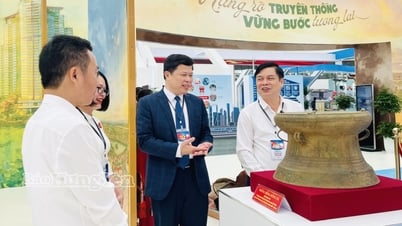





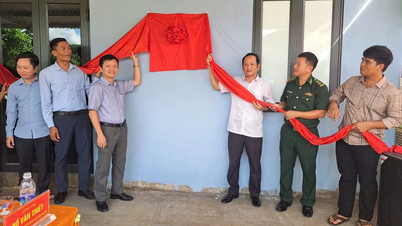
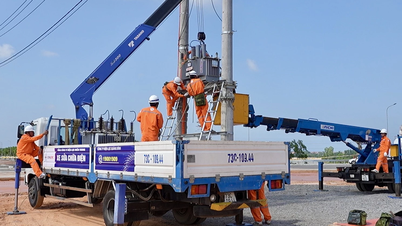
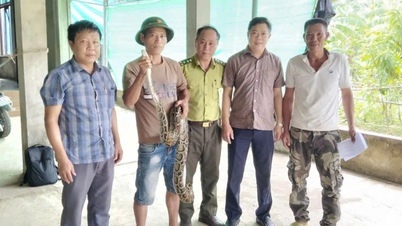
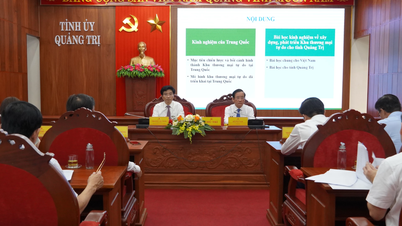
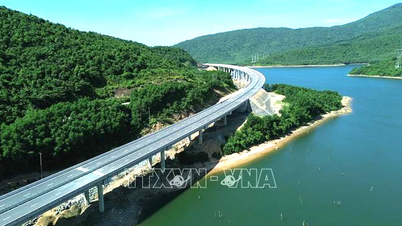
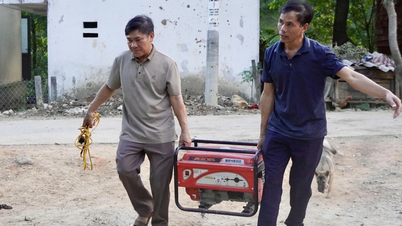


























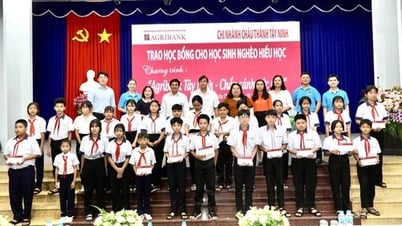



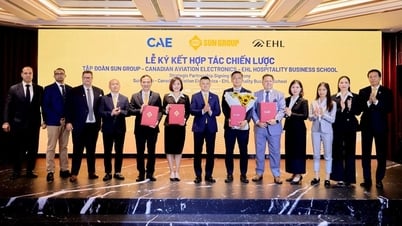








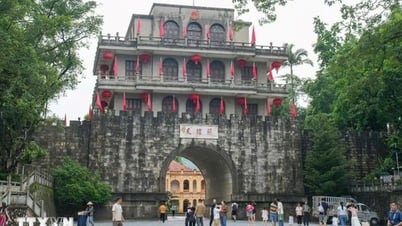



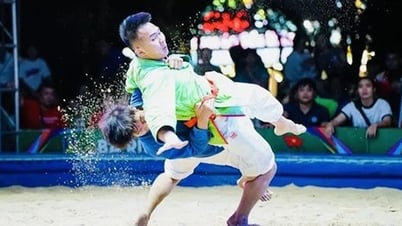
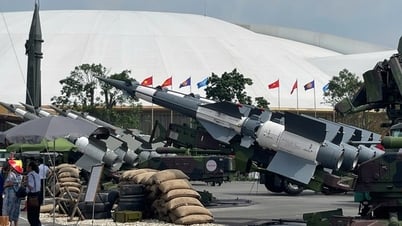
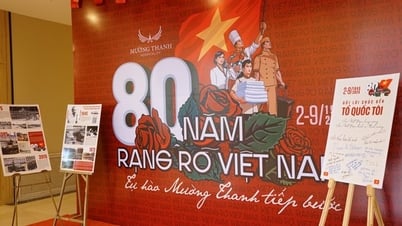
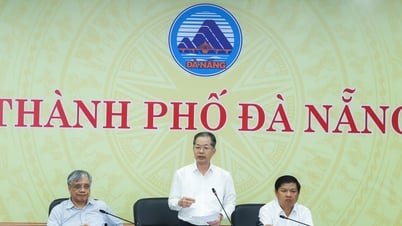
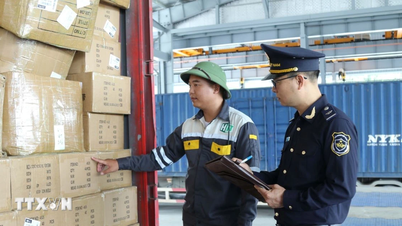
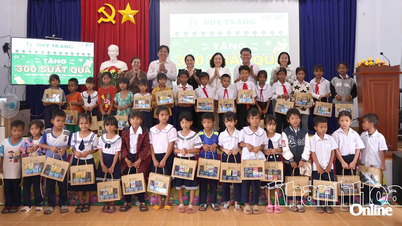

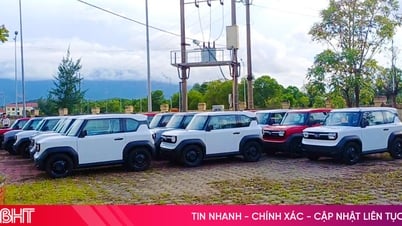

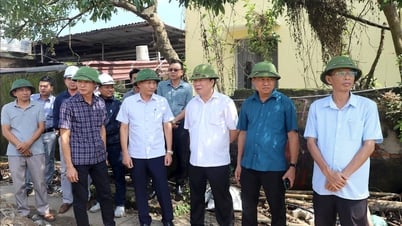















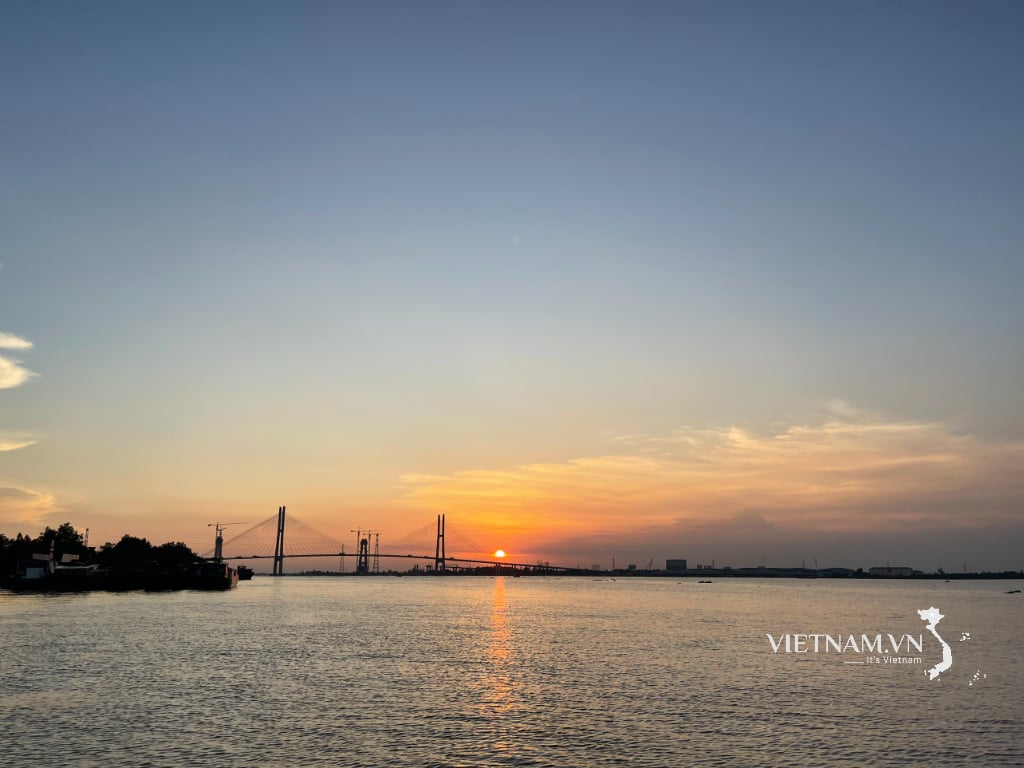

Comment (0)